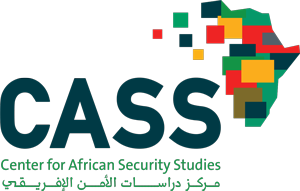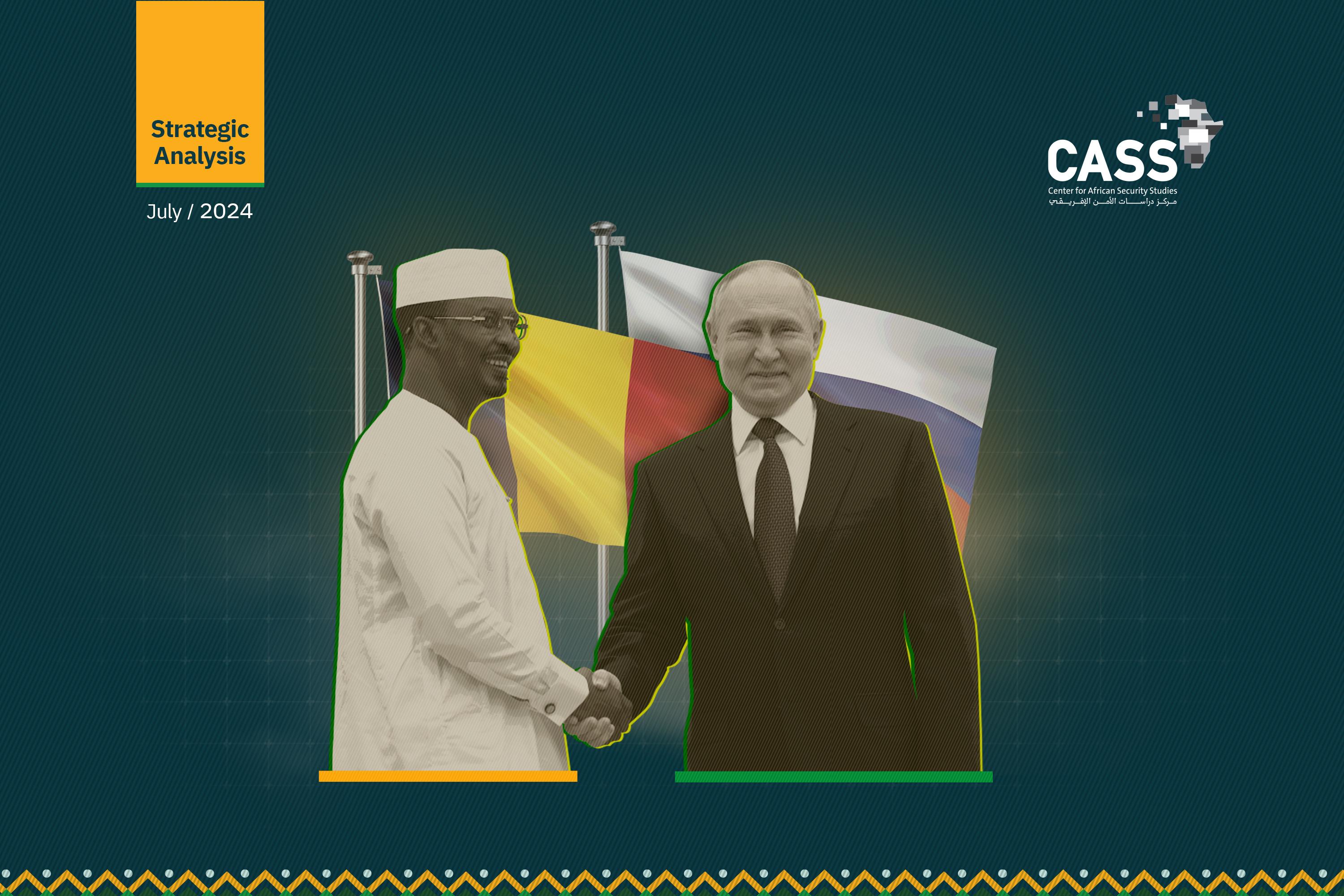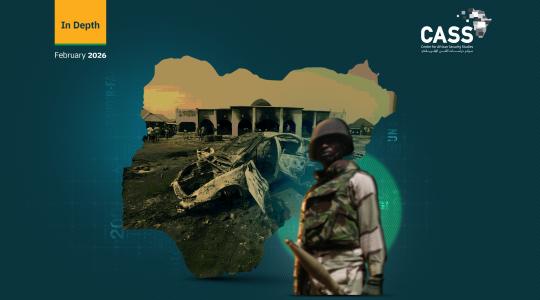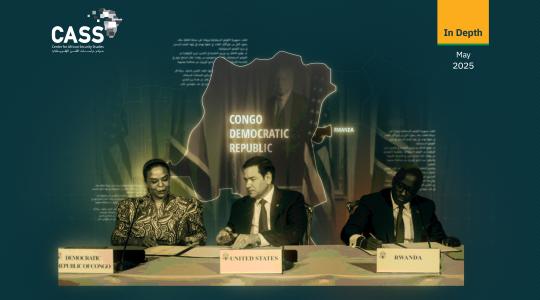On June 5, Sergei Lavrov became the first Russian foreign minister in the history of his country’s relations with Chad to visit the central African nation in person. He was welcomed in N’Djamena by President Mahamat Déby, who had visited Moscow in late January as part of efforts to strengthen their ties.
Déby’s host President Vladimir Putin said at the time that the two sides were preparing a package of agreements to boost Russian assistance to the impoverished country.
Officials sources told the Center for African Security Studies that Lavrov used his visit to discuss developing economic relations and investment in the oil sector, the possibility of Russia providing various grants to Chadian students in the areas of agriculture, civil engineering and the mining sector, and Russian-Chadian security cooperation in the Sahel region.
The French Model
Russia’s growing interest in Chad corresponds with a marked cooling in the African country’s relationship with its former colonial ruler France. French assistance played a critical role in helping Chad win the so-called Toyota War of 1987, defeating Colonel Moammer Gaddafi’s Libyan forces and Chadian rebels alike. After President Idriss Déby Itno, the father of the current ruler, came to power, French forces supported him throughout repeated uprisings in 2006, 2008 and 2019. Their relationship later cooled, but Paris continued to support him until 2021, when he was fatally wounded in a battle with the Front for Change and Concord in Chad (FACT) rebel group.
Following his father’s death, Mahamat Déby took power at the head of a military transitional council consisting of 15 senior generals in April 2021, and relations with France have deteriorated ever since. Paris urged him to hold elections within months, but the president refused and extended the transitional period by more than three years, to May 2024.
Déby soon began a purge of pro-French military figures. They included General Kogri Ahmed, director of the country’s National Security Agency, who was ostensibly dismissed for his role in a deadly crackdown against anti-government demonstrations in January 2022. However, France maintained its military presence in the country, consisting of around 1,000 troops stationed at three French military bases in Chad, and the French president’s personal envoy to Africa announced in March that the French army would remain in Chad to support its “independence,” apparently without preconditions.
However, President Déby Jr. also sowed divisions within the ruling military and bureaucratic elite, dominated by the Zaghawa ethnic group, by forcing into retirement several senior generals who had been close to his father—including his paternal uncle. He also cracked down against his cousin, opposition politician Yaya Dillo (who was assassinated at his home in February 2024) and promoted officers from the Gouran or Toubou tribes of his maternal uncles. Finally, he has given the United Arab Emirates access to N’Djamena airport to channel aid to the Sudanese Rapid Response Forces in their war against the Sudanese Army, as well allowing Russia’s Wagner paramilitary to access it, all despite opposition from Zaghawa tribal elders.
Balancing Act or Boycott?
These developments have prompted some observers to ask whether Russia is seeking to end French influence in Chad. However, a better question might be: is Chad boosting its cooperation with Russia simply in order to diversify its alliances, or is its deeper alliance with Russia a snub to Western powers—especially France and the United States?
In April, Chad’s pro-French army chief Idriss Amine Ahmed said he had told the U.S. to halt its activities at the Adji Kossei Air Base, saying it had failed to fulfil its commitments to impose security, meaning its continued presence at the base was not justified. While most of the troops remain at the base, it was notable that 75 special forces personnel stationed there withdrew to Germany in late June. That came after neighboring Niger’s military authorities forced Washington to withdraw its forces in April.
Chad’s rulers have made clear their intention to step up military and security cooperation with the Wagner group, now rebranded as Russia’s Africa Corps.
In this context, security sources told the Center for African Security Studies that at least 50 Russian foreign intelligence officers arrived at N’Djamena International Airport, where they were received by Chadian intelligence officials and escorted into the capital. It was not clear why they were there, but it may be that their visit was in order to discuss a security agreement that would allow for Russian Africa Corps to be deployed at Chadian oil fields, where production could be managed by Russian companies.
Despite all this, Russia is unlikely to replace France and the U.S. entirely in Chad in the immediate future, although N’Djamena clearly sees it as a potential strategic partner. As Moscow broadens its presence across the Sahel region, Chad could gradually align itself with Russia in a way that supports Russian interests on the continent on the one hand and preserves the political order in Chad on the other.
For this to happen, Russia may help Chad restructure its security services and armed forces, and provide them with Russian expertise, giving the regime more control over these forces and limiting French influence within them. However, any move by Déby to replace French with Russian influence is likely to meet resistance from many of his top military commanders.




